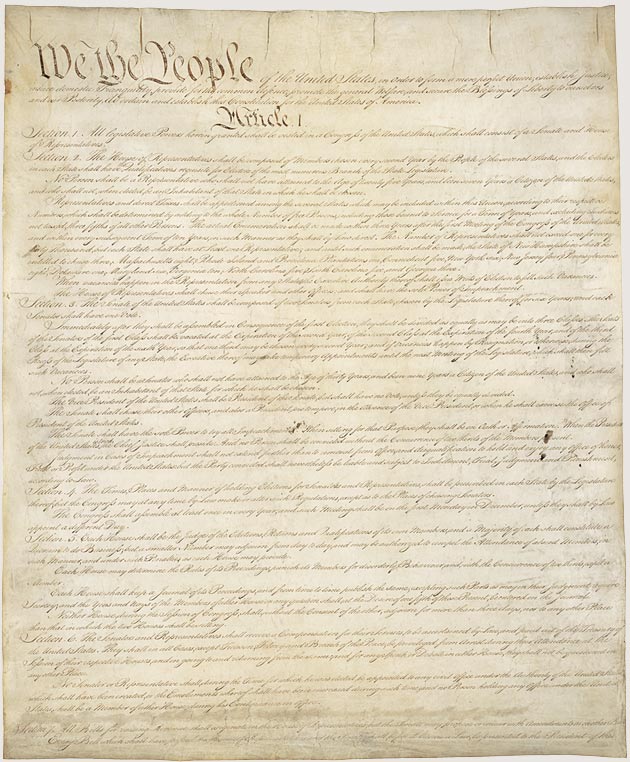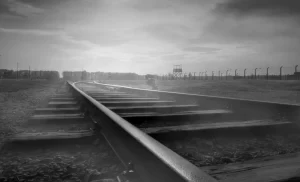Will he or won’t he?
Introduction The question of whether a sitting or former U.S. president can pardon himself has been a subject of legal and constitutional debate for decades. With Donald Trump facing multiple legal challenges, the possibility of self-pardon has re-emerged as a pressing issue. This article examines the legal foundations, historical precedents, and potential implications of a self-pardon, while providing a structured overview of Trump’s convictions and unresolved criminal charges.
I. The Legal Framework of Presidential Pardons The U.S. Constitution grants the president broad clemency powers under Article II, Section 2, which states: “[The President] shall have Power to grant Reprieves and Pardons for Offenses against the United States, except in Cases of Impeachment.” However, the Constitution does not explicitly address whether this power extends to self-pardons. Legal scholars and constitutional experts remain divided on the issue, with some arguing that self-pardon violates fundamental principles of justice, while others contend that no explicit prohibition exists.
Legal scholar Brian Kalt notes, “The Constitution is silent on the matter, but historical and legal norms suggest that a president granting himself a pardon would face serious constitutional challenges” (source).
(Public domain image of the U.S. Constitution)

II. Historical Context and Precedents No U.S. president has ever attempted a self-pardon. The closest parallel occurred in 1974 when President Richard Nixon considered pardoning himself before ultimately resigning. His successor, Gerald Ford, granted him a full and unconditional pardon, avoiding a legal test of the issue. Scholars often cite the principle that no person should be the judge in their own case (nemo iudex in causa sua) as a potential barrier to self-pardon.
Former Watergate prosecutor Jill Wine-Banks stated, “A self-pardon would defy the basic principle that no man is above the law. The Nixon case set a precedent where resignation and a successor’s pardon was seen as the only viable route” (source).
III. Donald Trump’s Legal Challenges
A. Convictions As of February 13, 2025, Donald Trump has been convicted in the following cases:
- New York Business Fraud Case (New York Supreme Court, 2024) – Convicted on 34 felony counts of falsifying business records related to a $130,000 “hush money” payment to adult film star Stormy Daniels before the 2016 election. Sentenced to probation and financial penalties. (AP News)
- Federal Election Interference Case (U.S. District Court, 2024) – Convicted of conspiracy to defraud the United States in connection with attempts to overturn the 2020 election.
B. Unresolved Criminal Charges and Investigations Trump also faces several unresolved legal challenges, including indictments and ongoing investigations:
- Georgia Election Interference Case (Fulton County, GA) – Accused of attempting to overturn the 2020 election results in Georgia, including pressuring officials to “find votes.”
- Classified Documents Case (Federal Investigation, 2023) – Allegations of mishandling classified documents at Mar-a-Lago, with charges under the Espionage Act.
IV. Potential Scenarios and Implications
- If Trump Attempts a Self-Pardon:
- Legal battles and constitutional challenges.
- Supreme Court’s possible involvement and judicial interpretation.
- Political ramifications, including Congressional responses and public opinion.
- If Trump Seeks a Pardon from a Future President:
- Historical parallels (e.g., Nixon-Ford precedent).
- Possible conditions attached to a pardon.
- Impact on future legal accountability.
- If No Pardon is Granted:
- Consequences of serving potential sentences.
- State-level charges beyond the reach of a federal pardon.
(Public domain image of the U.S. Supreme Court)
Conclusion The question of whether Trump can or will pardon himself remains unresolved. Legal scholars and courts may ultimately determine the answer if he attempts to do so. The broader implications of such an action extend beyond legal technicalities, affecting the stability of democratic institutions and public trust in the rule of law. As legal proceedings continue, this issue will remain a focal point in both legal and political discourse.
References & Further Reading
- Cornell Law School. “Presidential Pardon Power.” link
- Watergate.info. “Gerald Ford’s Pardon of Richard Nixon.” link
- AP News. “The Charges Against Donald Trump.” link
- U.S. Supreme Court decisions on presidential powers. link
Discover more from eirenicon llc
Subscribe to get the latest posts sent to your email.


